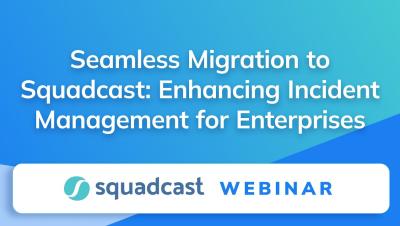Incident response plans: Benefits and best practices
The primary objective of an IT incident response plan is to clarify roles and responsibilities, communication protocols, escalation scenarios, and technical steps to minimize further damage and safeguard business operations. The plan formally defines guidelines, procedures, and activities for identifying, evaluating, containing, resolving, and preventing IT incidents. Whether they cause intermittent errors or global service crashes, IT incidents can severely disrupt service quality and cause outages.











